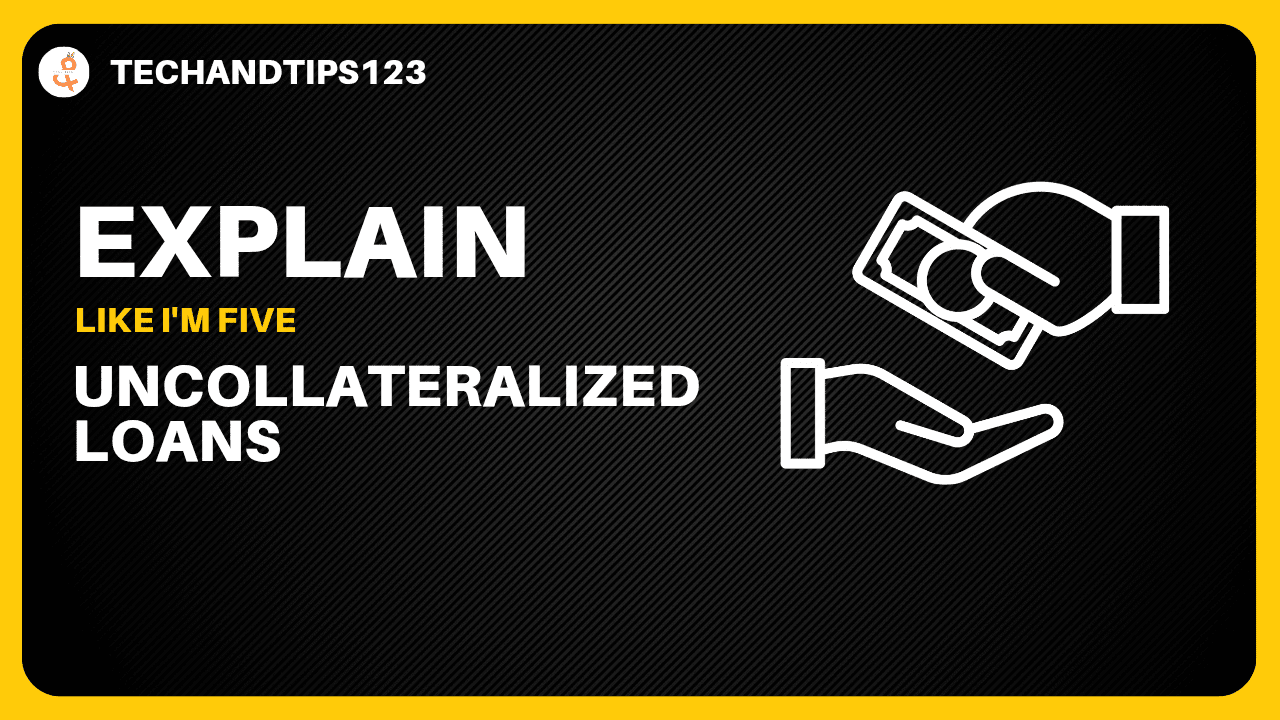
Bro, I was surfing the internet and saw a DeFi Protocol giving uncollateralized loans. How is this even possible?
Dude, you're right to be skeptical. In normal DeFi, you have to over-collateralize, meaning you have to lock up $150 of ETH just to borrow $100 of USDC. That's because the protocol doesn't know you, trust you, or have a way to hunt you down if you run off with the money.
So, how do you lend to a wallet without collateral? You stop looking at what they have and start looking at what they will have. The secret is lending against future, verifiable income streams.
Think of it like getting an advance on your salary. Your boss knows you're going to work next month, so they feel safe giving you some of your next paycheck early. Your future work is the collateral. These new DeFi protocols do the exact same thing, but on the blockchain.
Okay, so how does a protocol know my 'future income' is real?
That's the thing. These protocols plug into the on-chain economy where people are already earning money. They can verify your income without ever knowing your real name.
This is exactly what new-age protocols like Huma Finance are built to do. They've created a permissionless platform for what they call "income-backed loans."
Imagine you're a DAO contributor who gets paid a steady 2,000 USDC every month. You can go to a platform like Huma Finance, connect your wallet, and the protocol can see and verify that you have this consistent, incoming cash flow. Based on that, it will let you take out a loan instantly. The smart contract then automatically repays the loan by taking a small slice of your future paychecks until it's paid off.
It’s not just for DAO contributors either. It could be for freelancers invoicing clients on-chain, yield farmers with predictable returns, or any business with on-chain revenues.
If this is so good, why isn't it everywhere already?
It's still the wild west of lending, and the risks are different.
Income Risk: What if the income stream suddenly stops? If the DAO runs out of money or the freelancer's client disappears, the loan defaults. It's much riskier than a loan backed by hard assets like ETH.
Smart Contract Power: You have to give the protocol's smart contract permission to control your future income stream to automate repayments. This requires a lot of trust in the code.
It's New: The infrastructure to verify all kinds of on-chain income is still being built. It's a massive technical challenge to do it safely and at scale. That’s why platforms like Huma Finance are so important. They're building the foundational pipes to make it happen.

